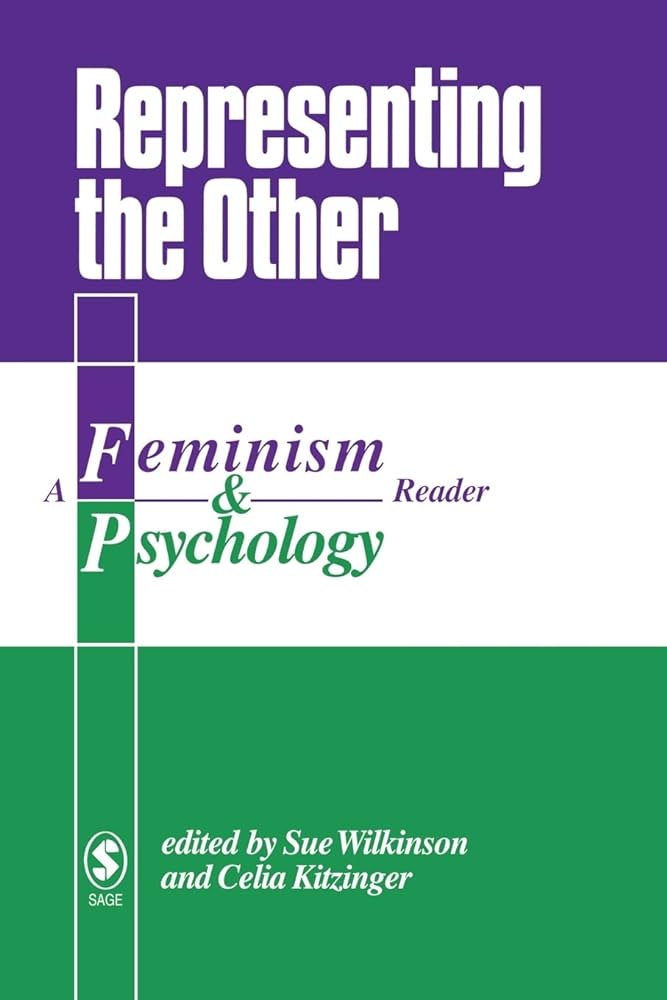The intersection of autism and gender in the negotiation of identity: A systematic review and metasynthesis
IF 2.2
3区 心理学
Q2 PSYCHOLOGY, MULTIDISCIPLINARY
引用次数: 10
Abstract
Influenced by theories of intersectionality, performativity and gender hegemony, this review sought to explore the intersection of autism and gender in qualitative research into autistic identity. Twelve papers were subjected to a thematic metasynthesis following a systematic search. Study participants were predominantly cisgender female or gender-diverse: perspectives of cisgender autistic males were lacking. The three superordinate themes developed related to: (1) the ways in which autism discourses restricted gender identities, through the influence of the “extreme male brain” and “masking” narratives and the use of autism to explain gender non-conformity and gender diversity; (2) the ways in which gendered autistic identities were positioned within social power hierarchies as “othered”, subordinate and less acceptable ways of being; and (3) possibilities for finding spaces of belonging and resistance. While autism as an identity may offer community and freedom from normative expectations, dominant autism discourses act to restrict and police gender, reinforcing existing power hierarchies. We encourage practitioners to reflect on the clinical, ethical and political implications of their positioning in relation to the constructs of “autism” and “gender”, and to explore alongside people seeking support the personal and political impacts of gendered autism discourses.认同协商中自闭症与性别的交集:系统回顾与综合
受交叉性理论、表演性理论和性别霸权理论的影响,本文试图在自闭症认同的定性研究中探讨自闭症与性别的交叉点。在系统检索之后,对12篇论文进行主题综合。研究参与者主要是顺性女性或性别多样化:缺乏顺性自闭症男性的观点。这三个高级主题涉及:(1)自闭症话语限制性别认同的方式,通过“极端男性大脑”和“掩盖”叙事的影响,以及使用自闭症来解释性别不一致和性别多样性;(2)性别自闭症身份在社会权力等级中被定位为“他者”、从属和不被接受的存在方式;(3)寻找归属感和抵抗空间的可能性。虽然自闭症作为一种身份可以提供社区和免于规范期望的自由,但占主导地位的自闭症话语却限制和监管性别,强化了现有的权力等级。我们鼓励从业者反思他们的定位与“自闭症”和“性别”概念的临床、伦理和政治含义,并与寻求支持的人一起探讨性别化自闭症话语对个人和政治的影响。
本文章由计算机程序翻译,如有差异,请以英文原文为准。
求助全文
约1分钟内获得全文
求助全文
来源期刊

Feminism & Psychology
Multiple-
CiteScore
3.30
自引率
11.10%
发文量
51
期刊介绍:
Feminism & Psychology provides a forum for debate at the interface between feminism and psychology. The journal"s principal aim is to foster the development of feminist theory and practice in – and beyond – psychology. It publishes high-quality original research, theoretical articles, and commentaries. We are interested in pieces that provide insights into the gendered reality of everyday lives, especially in relation to women and girls, as well as pieces that address broader theoretical issues. Feminism & Psychology seeks to publish work from scholars, researchers, activists and practitioners at all stages of their careers who share a feminist analysis of the overlapping domains of gender and psychology.
 求助内容:
求助内容: 应助结果提醒方式:
应助结果提醒方式:


